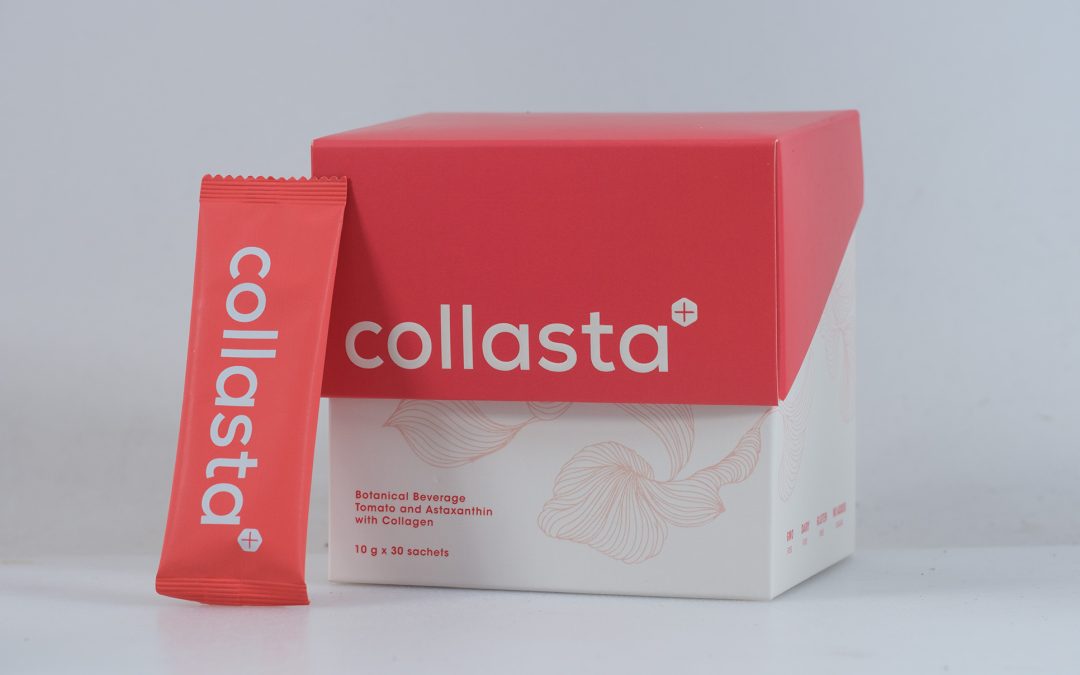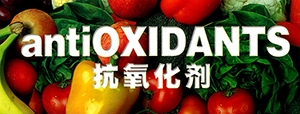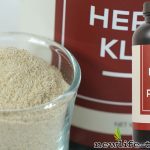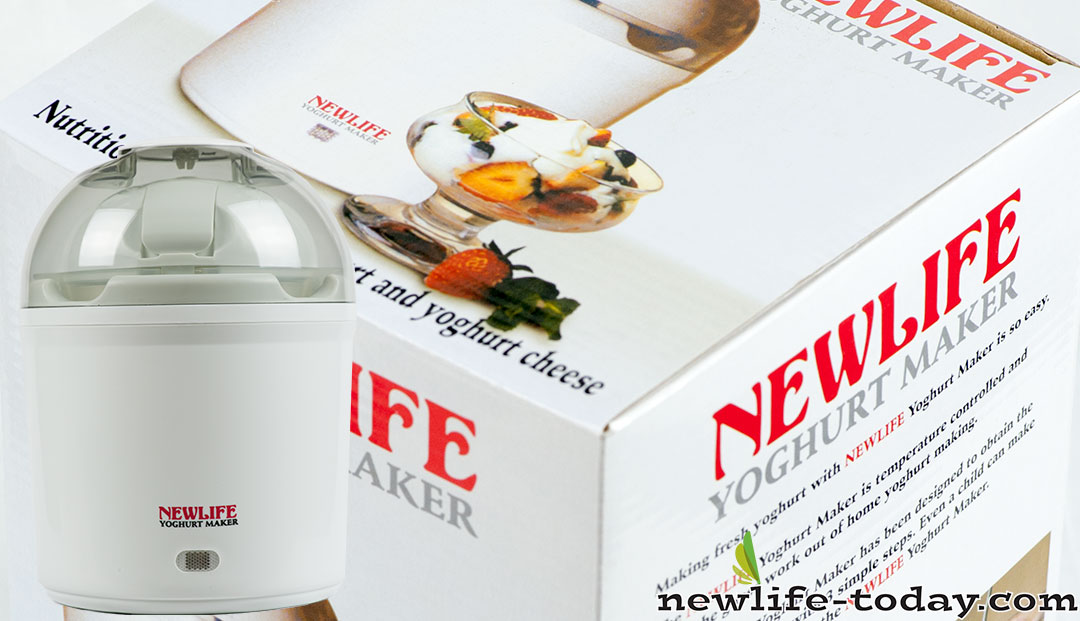Antioxidants
Antioxidants are substances or nutrients in our foods, which can prevent or slow down the oxidative damage to our body. When our body cells use oxygen, they naturally produce free radicals (by-products), which can cause damage to healthy cells. Antioxidants act as ‘free radical scavengers’ and hence prevent and repair damage done by these free radicals.
Here are a few of the most potent, powerful antioxidants known to mankind:
- Astaxanthin
- Glutathione
- Alpha lipoic acid
- Vitamin C
- Vitamin E
- CoQ 10
- Proanthocyanidins
- Beta-carotene
- Selenium
- Superoxide dismutase
Astaxanthin
Known as the “king of the carotenes”, it is a red carotenoid pigment derived from micro algae and also found in wild salmon. Astaxanthin is a powerful antioxidant that kills and neutralizes harmful free radicals in the body. It has 550 times the antioxidant capacity of Vitamin E and 40 times the antioxidant capacity of beta-carotene.
Beta-carotene
Beta-carotene is primarily responsible for the pigment in orange coloured fruits and vegetables. It is converted to vitamin A in the body for the maintenance of healthy skin, good vision, and a strong immune system. It is also a powerful antioxidant, protecting the body from damage caused by harmful free radicals.
Glutathione
Glutathione is a protein that is produced in the human liver. It is the body’s most abundant natural antioxidant. It can also be found in most fruits and vegetables as well as in some lean meat. Glutathione protects the cells from free radical damage and helps other antioxidants to stay active. It is also an important detoxifying agent, helping the body to eliminate toxins and pollutants. Coffee enema is proven to be the most effective agent in stimulating the production of glutathione in the liver.
Alpha Lipoic Acid
It is a type of fatty acid found naturally in the cell where it helps to turn glucose into energy. It is very unique because it works as an antioxidant in both water and fat tissues. Because of this, it can move into all parts of our cells to deactivate free radicals. It also appears to be able to recycle antioxidants such as vitamin C and glutathione after they have been used up in the body.
CoQ10
It is a vitamin-like substance that exists in every human cell and possesses very powerful antioxidant properties. Coenzyme Q10 neutralizes free radicals and assists in maintaining a healthy heart. There are plenty of plant sources with Coenzyme Q10. the richest being spinach, broccoli, peanuts, wheat germ, and whole grains. This nutrient aids mitochondria, the powerhouses of cells, in transforming food into energy on which the body runs.
Proanthocyanidins
Proanthocyanidins are naturally occurring polyphenolic bioflavonoid in many fruits and vegetables. They have been reported to have antiviral, antibacterial, anti-inflammatory, and anti-allergic properties. These compounds may also protect against oxidative damage of tissue by free radicals. Proanthocyanidins can be found in many plants, most notably pine bark, grape seed, and grape skin.
Vitamin C
Vitamin C. also known as ascorbic acid, is an antioxidant that is required for at least 3000 metabolic functions in the body. It helps to maintain healthy collagen in the skin, repair damaged tissues, promote healthy teeth and bones, and boost the immune system. Vitamin C also functions as an anti-inflammatory, helping the body to fight inflammation diseases, including arthritis, fibromyalgia, and chronic fatigue.
Vitamin E
Vitamin E or alpha-tocopherol is one of the leadingfat-soluble antioxidants. It protects the body from the oxidation of fats and the formation of free radicals. It also protects other fat-soluble vitamins from destruction by oxygen and aids in utilization of vitamin A. Vitamin E can be found in dark green leafy vegetables, legumes, nuts, seeds, and whole grains.
Selenium
Selenium is an essential trace mineral that functions as an antioxidant in partnership with vitamin E to protect tissues and cell membranes. It also increases antioxidant levels in the cell. Numerous plants contain selenium, including garlic, asparagus, and grains.
Superoxide dismutase (SOD)
SOD is an enzyme that repairs cells and reduces the damage done to them by superoxide, the most common free radical in the body. It is one of the three main antioxidants found in the body. SOD is also found in barley grass, broccoli, brussels sprouts, cabbage, wheat grass, and most green plants. Studies have shown that SOD acts as both an antioxidant and an anti-inflammatory in the body, neutralizing the free radicals that can lead to wrinkles and precancerous cell changes.
Afraid that you’re not getting enough of these vital antioxidants? Well, you should be… Free radical damage contributes to a multitude of health conditions including premature aging, cancer, heart disease, and auto immune problems. Make sure you’re getting your daily antioxidant boost with regular Coffee Enemas and these essential immune boosters:
- Vitamin C Complex
- Biosorb Natural Vitamin E
- Biosorb CoQ10
- Super Green Food Plus (contains a combination of several essential antioxidants)
- Spirulina (contains a combination of several essential antioxidants)
- Collasta (Premium marine collagen complex with Astaxanthin.)






